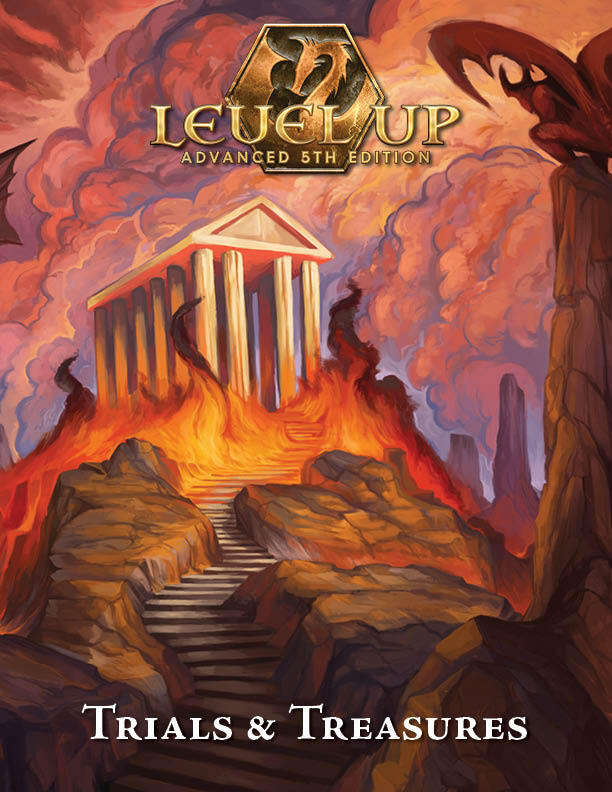iserith
Magic Wordsmith
Regarding Favored Terrain and Outlander, my experience is that they provide nice benefits, but don't really break or bend anything when all the rules are employed. Favored Terrain only applies to certain terrain, of course, so provided the map has a variety of terrain types, it's only going to come into play sometimes. Further, Activities While Traveling all come with trade-offs and risk - if you're doing one thing, you can't do another thing and also you don't notice hidden threats and can't apply your passive Perception. That means you don't notice the trap and you are automatically surprised if a stealthy monster is indicated.Now, from memory it plays pretty much as old school D&D (or AD&D) and it is fine for a resource tracking, old school hex crawl type of game. It does suffer from the fact that Favoured Terrain and the Outlander backgrounds Wanderer feature breaks it, or at least severely bends it, as do some other features in 5e and there rapid recharge of powers make a resource attrition game a bit of a issue in 5e as the rest of the game pushes back against it.
Favored Terrain allows for the ranger to both keep watch and do another task (often Navigate in my experience so the party has no chance of getting lost). Whatever task the ranger chooses comes at the cost of not doing some other task. Outlander can Forage with no chance of failure (assuming food and water are available in the area), but choosing to Forage means doing no other task and putting themselves at risk of automatic surprise. They'll have to decide if it's worth it at the time. Arguably they automatically succeed when they choose to Navigate as well, but only for places they've already been. So good at backtracking, no better than anyone else at trailblazing.
All that to say, the rules work pretty well together when they are applied, even with regard to Favored Terrain and Outlander. Now, certainly there are some spells (particularly at higher levels) that can obviate some aspects of wilderness exploration. And standard resting in the face of 1 or 2 encounters a day likely means a lot of nova'ing. But that just argues for adjusting the dials of the game to fit the kind of play experience the group is going for (e.g. variant resting, taking some spells off the table, etc.). My view is that the game is meant to be adjusted in this way for every game the DM wants to run.




